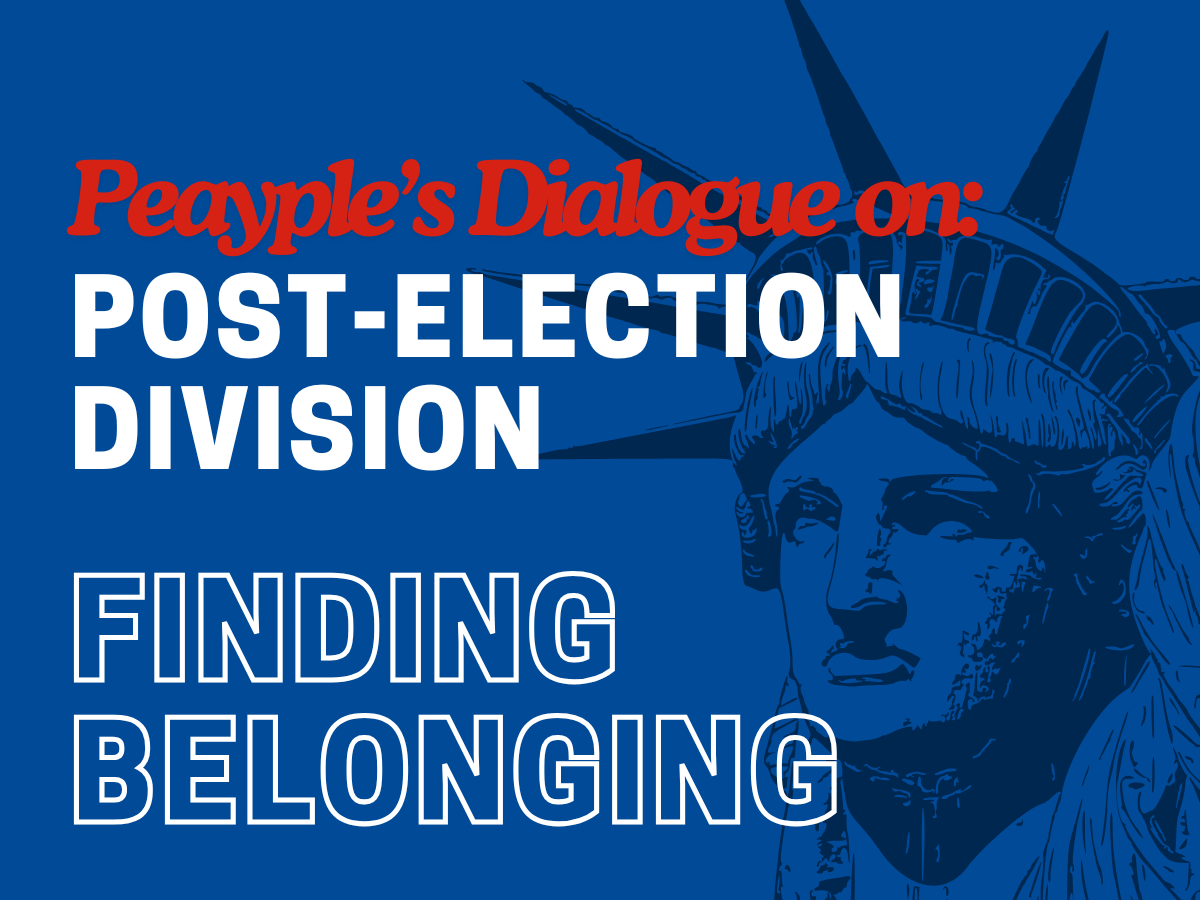Students and faculty gathered in APSU’s Clement auditorium Wednesday, March 19, to hear a speech given by Alex Sheen, founder of the nonprofit organization Because I Said I Would.
The nonprofit organization gives out small white cards with the words ‘because I said I would’ typed on them with the reasons behind the commitment of the card included.
Anyone who participates in the movement should give the promise card to someone who will hold them accountable for their promise.
The promiser is meant to value the promise card as a symbol of integrity, and once the promise is completed, the card is returned to them.
Sheen originally made the promise cards to be presented at his father’s funeral in 2012 to commemorate his honesty.
When there were not as many people at the funeral as promise cards, Sheen went online and told his story, promising to send the cards to anyone in the world who wanted to participate.
Sheen went viral, and four years later has delivered over 3.1 million promise cards to more than 150 countries.
Sheen has received promise cards from children resolving to do chores, adolescents struggling with depression who promise not to give up on life and one man who committed to pleading guilty for murder in a case of DUI where no one had known he was the culprit.
The movement’s emphasis on commitment creates much of its inspirational qualities for APSU students.
“At the end of the day, it is more than just the physical thing of giving your card away and giving it back; it’s a humanitarian idea,” said sophomore English major Holly Bunner. “You can start out small, with promises to yourself, and then build to promises to charities and [your community].”
Though some would argue that the promise card itself is unnecessary, the intention of the idea is straightforward.
“[Because I Said I Would] puts a lot of perspective to how often people do not keep promises, and how it affects your credibility,” said sophomore computer science major Samuel Sharp.
Though Sharp said one shouldn’t have to use the cards to prompt themselves to keep their promises, he acknowledged that they are good reminders.
Sheen said in his speech that his movement was centered around actions, not just promises themselves.
“I ask [students] to reflect on their own lives, and their goals… to consider that [they’re] not something to think about, but something to act upon,” Sheen said after the show.
Students can request their own cards and learn more about the movement as a whole online at becauseisaidiwould.com.
Sheen summarized his ideas by reminding listeners that anyone can pretend to care, but no one can pretend to show up.







